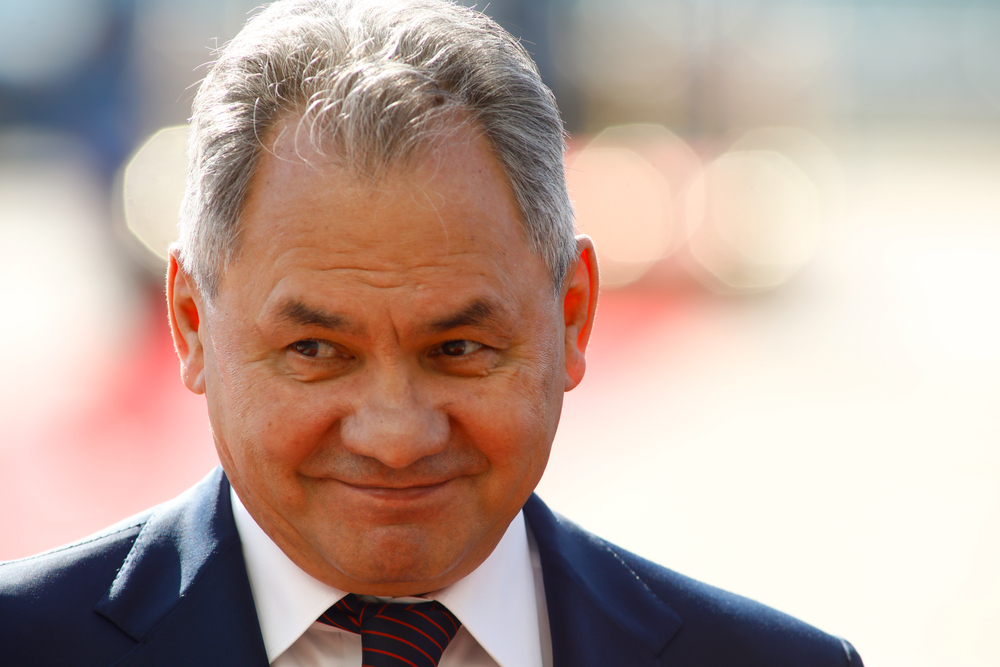Tensions between Washington and Moscow are rising once again.
Others are reading now
US and Russia continue to possess the world’s largest nuclear arsenals, and analysts warn that a return to testing could unravel decades of restraint.
Treaties such as the Comprehensive Nuclear-Test-Ban Treaty, though never fully ratified by all major powers, have long symbolized a shared understanding that nuclear explosions should remain in the past. But not anymore.
Growing unease
Russian Security Council Secretary Sergei Shoigu warned on Friday that the latest decision by the United States could endanger global stability.
His remarks came a day after US President Donald Trump announced the immediate resumption of American nuclear weapons testing, citing the “testing programs of other countries.”
Shoigu, who is one of Putin’s defense ministers, said Trump’s statements “have an impact on strategic stability” and urged Washington not to further escalate the situation.
Also read
“We would not like stability to continue to deteriorate,” he said in comments quoted by Russian media and agencies including EFE and Agerpres.
Russia’s response
Shoigu added that Russia’s nuclear test sites remain operational and could be used “if necessary.”
He referred to the Novaya Zemlya test range, located in the Arctic archipelago of the same name, a site historically used for Soviet nuclear trials during the Cold War.
He emphasized that Moscow would not conduct physical nuclear explosions unless the United States did so first, saying this has always been Russia’s consistent policy.
“Although no nuclear tests have been carried out in recent decades, the tests have not stopped in any country,” he explained, referring to ongoing computer-based simulations used by nuclear powers.
Also read
“These tests are performed digitally with mathematical models because the systems require constant attention and absolute perfection,” Shoigu said.
Trump’s announcement
On Thursday, Trump posted on his platform Truth Social that he had ordered the War Department to begin nuclear weapons testing “on a level playing field.”
He justified the move by referring to “testing programs of other countries,” without clarifying whether he meant launches of delivery systems or actual nuclear detonations.
Later, speaking aboard Air Force One after returning from South Korea,
Trump said the announcement was aimed at pushing for “denuclearization” and for bringing China into new arms control negotiations alongside Russia.
Also read
Renewed arms race fears
Trump’s declaration came just days after Russian President Vladimir Putin oversaw nuclear readiness drills involving land, sea, and air forces.
Moscow has also recently announced tests of two new strategic systems, the Burevestnik nuclear-powered cruise missile and the Poseidon underwater drone.
The Kremlin said these launches did not involve nuclear warheads and therefore did not qualify as nuclear tests.
At a press briefing, Kremlin spokesman Dmitry Peskov reminded journalists that Russia’s last full nuclear detonation was conducted by the Soviet Union in 1990.
“There have been no nuclear tests since then,” he said.
Also read
Sources: Digi24, EFE, Agerpres, Reuters.


